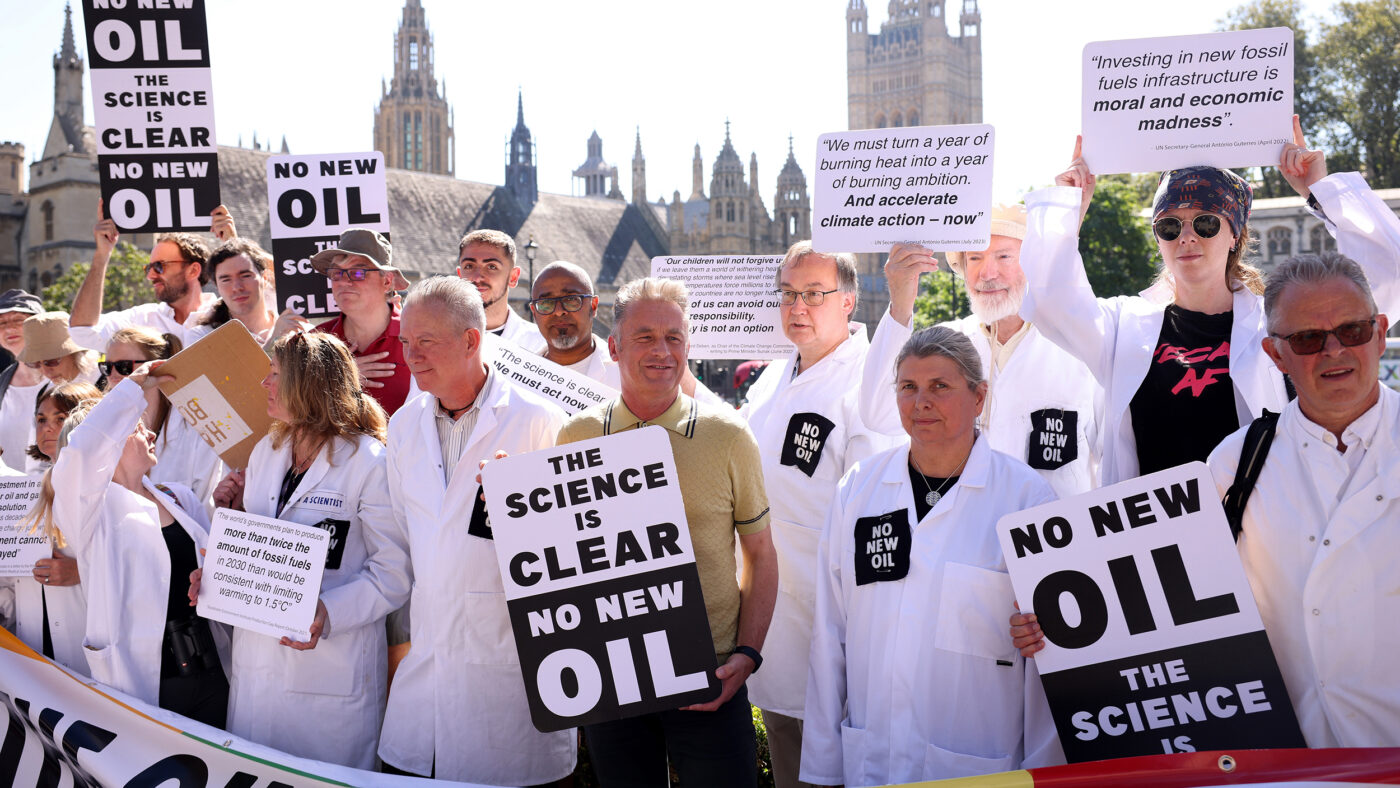Yesterday the UK engaged in an ‘act of war against life on earth’. You may not have noticed, however this is the view of naturalist and BBC presenter Chris Packham in regard to a decision in favour of drilling for oil in the Rosebank field, West of Shetland.
Other climate warriors agree; from Caroline Lucas, former leader of the Green Party calling it ‘a moral obscenity’, to Ed Miliband, Labour’s Shadow Secretary of State for Climate Change and Net Zero denouncing ‘climate vandalism’. The more cautious Conservative Lord Goldsmith merely described it as something that ‘trashes the UK’s (global) reputation’. This is all mad.
The mundane reality is that Rosebank might, from 2025, produce enough oil to satisfy 5-8% of UK domestic demand. About 300m barrels over the lifetime of the field, or 3-4 days of global demand. It is estimated to provide a £6-8bn benefit to the UK economy, potentially creating 1,600-2000 jobs.
The oil produced on average will generate 140m tonnes of CO2, or 0.3% of global emissions in 2019, or about 0.008% of the man-made emissions since 1850, which in turn have contributed to an estimated 1 degree celsius of global warming. In climate terms, Rosebank is a rounding error, and potentially may have no incremental impact at all. Final emissions depend on demand for fossil fuels, not supply.
Naturally Carbon Brief, a popular climate think tank, chose to report this as equivalent to ‘the annual emissions of 90 countries or 400m’ people. Useful if your benchmark ambition for Britain was to have an economy and energy industry as developed as that of Burkina Faso or Mali. Our fossil fuel dependency is about 75-80%, theirs is a third. Which measure highlights success?
The other major narrative attack is that Rosebank will have little to no impact on domestic energy prices. This is correct, oil prices are global (albeit vary by grades), and gas prices are regional. One oilfield alone will not move the dial much on UK pump prices, and has little to do with domestic power or heating.
We are simultaneously being invited to believe that the marginal impact of incremental supply on one global metric, prices, is trivial. Whereas the same marginal impact on global emissions is existential. It cannot be both.
The real scandal of Rosebank is not this distortion of the facts, it’s that the first test well was drilled in 2004. It will have taken over 20 years from proof of concept to pump, in a country that’s been expert in offshore development for half a century. A travesty that’s a direct consequence of high and ever changing tax and regulation.
These lately include the visible madness of 75% windfall taxes (although offset by investment incentives), and climate checkpoints. The latter requires developers to waste months and millions accounting for production emissions and how they will reduce them – generally through platform electrification, then report this in the context of UK carbon budgets.
Figures that are literally meaningless compared to the consumption emissions, which in themselves we have seen are trivial. And this in a country responsible for less than 1% of the problem. Where the consequences of global warming are that fewer of us will die or suffer ill-health. Our ratio of excess deaths from cold versus heat is between 20-75 times.
In that context, making drilling as expensive and difficult as possible, then whacking whatever comes out with punitive taxation, is an act of self harm. It ensures investment offshoring with no domestic return. It leaves treasure in the ground that can be used to fund things like low carbon research. Retarding economic growth cannot help speed our path to a cleaner greener future.
The chances of the UK achieving stable and proportionate tax and regulation in this sector in the next decade are low. But this one decision is an important signal that the Government are thinking, and making more adult choices. Their opponents conversely are descending into shrill hysteria, that will once again remind the public that climate fatalism has more in common with a cult than anything that will make their lives better.
Click here to subscribe to our daily briefing – the best pieces from CapX and across the web.
CapX depends on the generosity of its readers. If you value what we do, please consider making a donation.


